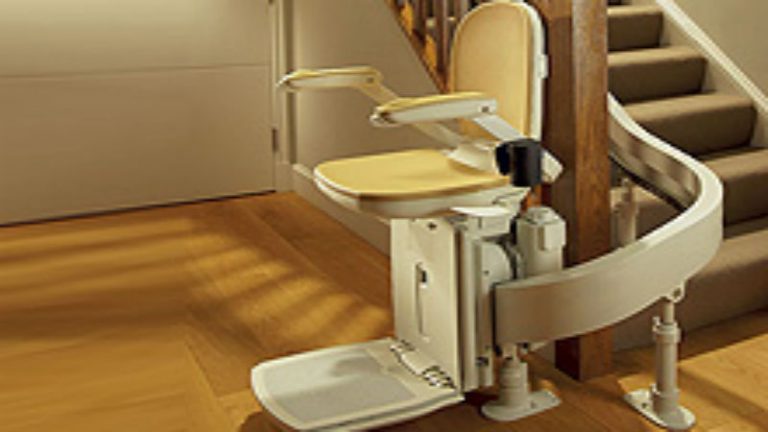If a doctor recommends joint reconstruction surgery in Sacramento CA, a person will likely meet with the clinical staff to schedule their surgery date. They will be provided with information that will help them prepare for the surgery ahead. Some things that should be kept in mind when having this type of surgery done can be found here.
Before the Surgery
Prior to the surgery being done, a person will need to do the following:
• Have a medical examination, blood work, and EKG.
• Enroll in a pre-surgery class for joint replacement (if available).
• Eliminate any medications that increase the risk of bleeding while being operated on.
• Stop smoking.
These are all safeguards that are suggested to help ensure the joint reconstruction surgery in Sacramento CA goes as smoothly as possible and that no issues arise.
It is also important to arrange a ride home after the surgery and to have someone who can help with day to day tasks for about a week. This will ensure the patient does not have to strain in any way that could damage their newly constructed joint.
Day of the Surgery
There are certain guidelines that must be followed the day of the actual surgery, as well. These guidelines include:
• Don’t drink or eat anything after midnight the night prior to the surgery.
• Where loose-fitting and comfortable clothing.
• Leave all valuables at home.
• Arrive at the hospital at the right time.
Surgery is serious and treating it that way is important. While a person’s doctor will likely prepare them for the entire procedure, it is still important to review the information here to ensure they are prepared.
When it is time for surgery, be sure to follow the instructions provided by the doctor carefully. If a patient has more questions, they can contact the office of Dr. Scott Fujii M.D. The friendly staff will be available to help and answer any questions that a person may have. This is the best way to be informed and know what to expect from the upcoming surgery. Going in without this information can cause a bit of stress and anxiety, but it is completely avoidable when a patient uses the information they are given and asks questions.








